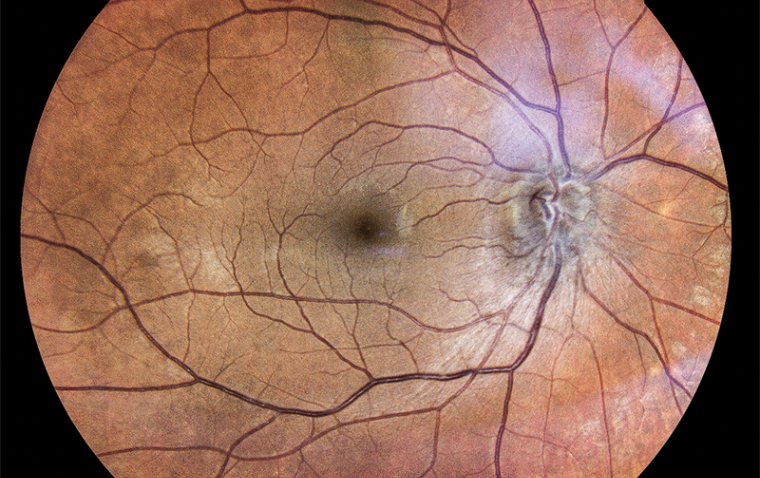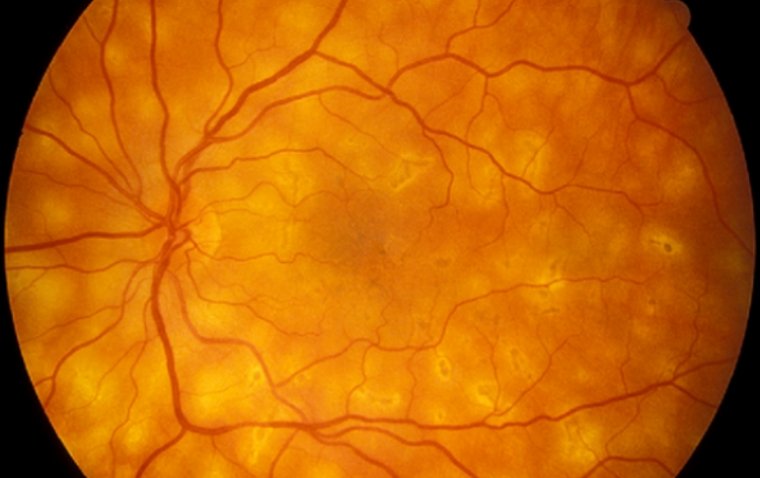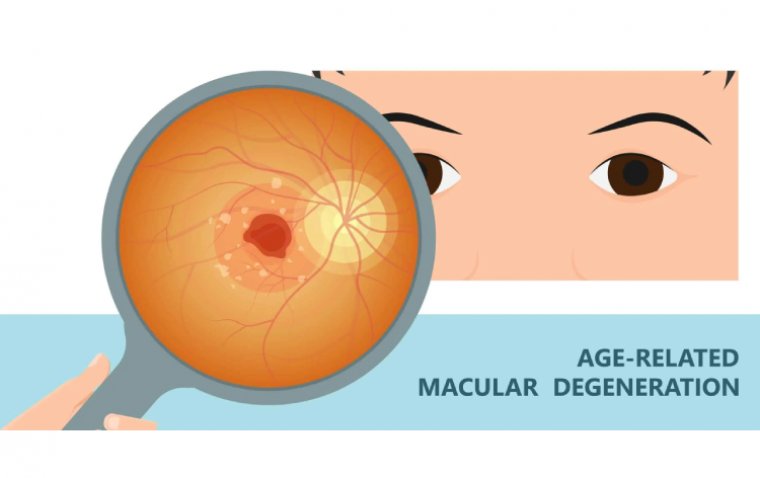
Shedding Light on Optic Neuritis: Causes and Treatments
What Is Optic Neuritis?
What Causes Optic Neuritis?
Optic neuritis is commonly associated with multiple sclerosis (MS), an autoimmune disorder that affects the central nervous system. However, it can also be caused by other conditions such as infections, systemic lupus erythematosus, sarcoidosis, and neuromyelitis optica. In some cases, the cause of optic neuritis remains unknown.
Symptoms of Optic Neuritis
The most common symptom of optic neuritis is a sudden loss of vision in one eye, although it can occur in both eyes. Other symptoms may include pain in the affected eye, loss of color vision, and a decrease in the visual field. These symptoms can develop over a period of hours or days and may be accompanied by eye pain, especially when moving the eyes.
How to Treat Optic Neuritis
Optic neuritis is an inflammatory condition of the optic nerve that can cause sudden vision loss or blurred vision. Treatment options for optic neuritis depend on the underlying cause, severity, and duration of the condition.
Intravenous Steroid Medications
High-dose steroid medications, such as methylprednisolone, are often used to reduce inflammation and swelling in the optic nerve. This treatment is usually administered in the hospital or clinic setting over several days. Steroids may help speed up the recovery process and improve vision in some cases.
Plasma Exchange Therapy
This treatment involves removing the liquid part of the blood (plasma) and replacing it with a substitute solution. This can help remove harmful antibodies and other immune system components that may be causing inflammation in the optic nerve. Plasma exchange therapy is usually reserved for severe cases of optic neuritis that do not respond to other treatments.
Observation
In some cases, optic neuritis may go away on its own without any treatment. Your doctor may recommend close monitoring of your symptoms and vision to see if the condition improves or worsens. If your vision does not improve or if you experience additional symptoms, further treatment may be necessary.
Managing Underlying Conditions
If optic neuritis is caused by an underlying condition, such as multiple sclerosis or a viral infection, treating the underlying condition may help improve symptoms of optic neuritis.
Supportive Care
While recovering from optic neuritis, you may experience symptoms such as pain, discomfort, or difficulty seeing. Your doctor may recommend over-the-counter pain relievers or other supportive care measures to help manage your symptoms and improve your comfort.
What Happens If Optic Neuritis Goes Untreated?
If optic neuritis goes untreated, it may lead to permanent damage to the optic nerve and vision loss. The inflammation of the optic nerve can cause the nerve fibers to become damaged or destroyed, resulting in a loss of vision in the affected eye. Additionally, untreated optic neuritis can increase the risk of developing multiple sclerosis (MS) later in life.
Can Optic Neuritis Be Prevented?
While there is no surefire way to prevent optic neuritis, maintaining a healthy lifestyle and managing underlying conditions such as MS can help reduce the risk of developing this condition. Patients with a history of optic neuritis should work closely with their healthcare providers to monitor their vision and manage any underlying conditions.
In conclusion, optic neuritis is a condition that can cause sudden vision loss and other vision-related symptoms. It is commonly associated with multiple sclerosis but can also be caused by other conditions. Treatment for optic neuritis typically involves reducing inflammation in the optic nerve through the use of corticosteroids, and many patients experience significant improvement in their vision within a few weeks or months. While there is no surefire way to prevent optic neuritis, maintaining a healthy lifestyle and managing underlying conditions can help reduce the risk of developing this condition.
(1).jpg)










